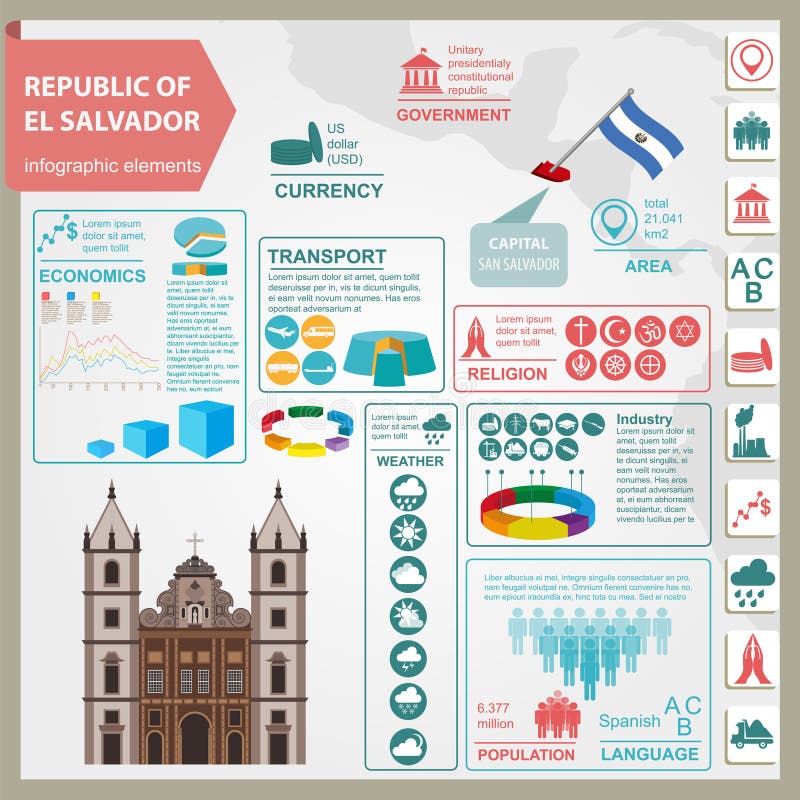Check Out The Intriguing Development Of Catholic Colleges And Their Significant Impact On Education-- Might Their Practices Be The Response To Future Learning?
Check Out The Intriguing Development Of Catholic Colleges And Their Significant Impact On Education-- Might Their Practices Be The Response To Future Learning?
Blog Article
Post Writer-copyright Grace
When you think about the background of education and learning, Catholic institutions stick out for their ingrained traditions and enduring impact. These organizations began as a means to infuse faith and values, however they have actually adapted remarkably over centuries. Today, they play a vital function in shaping not just scholastic success yet also moral integrity. What's interesting is how they've handled to thrive among altering social landscapes, raising questions concerning their future importance and influence.
The Beginnings of Catholic Education And Learning: A Historical Perspective
Catholic education traces its origins back over 1,500 years, when very early Christian neighborhoods identified the demand for organized understanding. visit this website 'll discover that these neighborhoods aimed to pass on their confidence and worths with education.
Monasteries and sanctuary schools ended up being centers of learning, nurturing both spiritual and intellectual growth. As you dive deeper, you'll see that the educational program frequently consisted of viewpoint, faith, and the liberal arts, created to form versatile people.
Over time, the Church developed extra official institutions, making sure that education continued to be easily accessible to all. The commitment to training ethical worths and fostering a sense of neighborhood has persisted with the centuries, forming the educational landscape and influencing numerous lives worldwide.
This long-lasting legacy continues to motivate Catholic education today.
The Evolution of Catholic Colleges Via Cultural Contexts
As societies advanced, so did the function of Catholic institutions, adjusting to the social contexts in which they existed. In the early years, these institutions concentrated mostly on spiritual guideline, yet as neighborhoods branched out, they started to integrate regional languages, custom-mades, and academic needs.
https://click4r.com/posts/g/21236407/a-transformative-trip-lies-in-advance-as-catholic-education-and-learni would certainly notice that Catholic institutions typically ended up being centers for social cohesion, fostering a feeling of belonging among pupils from different histories. In numerous areas, they resolved social problems, such as poverty and discrimination, by providing accessible education for all.
As you explore various societies, you'll see exactly how Catholic institutions have changed their curricula and training methods, mirroring the values and difficulties of their environments while remaining true to their fundamental goal of belief and scholastic quality.
The Modern Duty and Effect of Catholic Schools in Culture
In today's globe, Catholic schools play a crucial duty in shaping not just the academic landscape, yet likewise the wider community.
https://zenwriting.net/laquanda8andreas/catholic-education-a-journey-of-academic-and-spiritual-satisfaction 'll locate that these organizations highlight worths like respect, compassion, and social justice, fostering all-around people who add favorably to society. By focusing on academic excellence and moral development, Catholic colleges prepare pupils for future obstacles, supporting vital reasoning and management skills.
They typically serve varied populaces, connecting voids in access to quality education and learning. In addition, you could see their dedication to service, motivating pupils to engage in area outreach and volunteer job.
This mix of education and ethical assistance makes Catholic institutions a substantial pressure, growing accountable people who can impact their communities for the better.
Conclusion
To conclude, Catholic colleges have a rich history that's shaped their enduring impact on culture. You have actually seen how they've adjusted to different social contexts while preserving a dedication to belief, values, and scholastic excellence. Today, they continue to play an important role in cultivating area, promoting social justice, and nurturing liable people. As you assess their heritage, it's clear that Catholic institutions continue to be a powerful force for positive adjustment worldwide.
